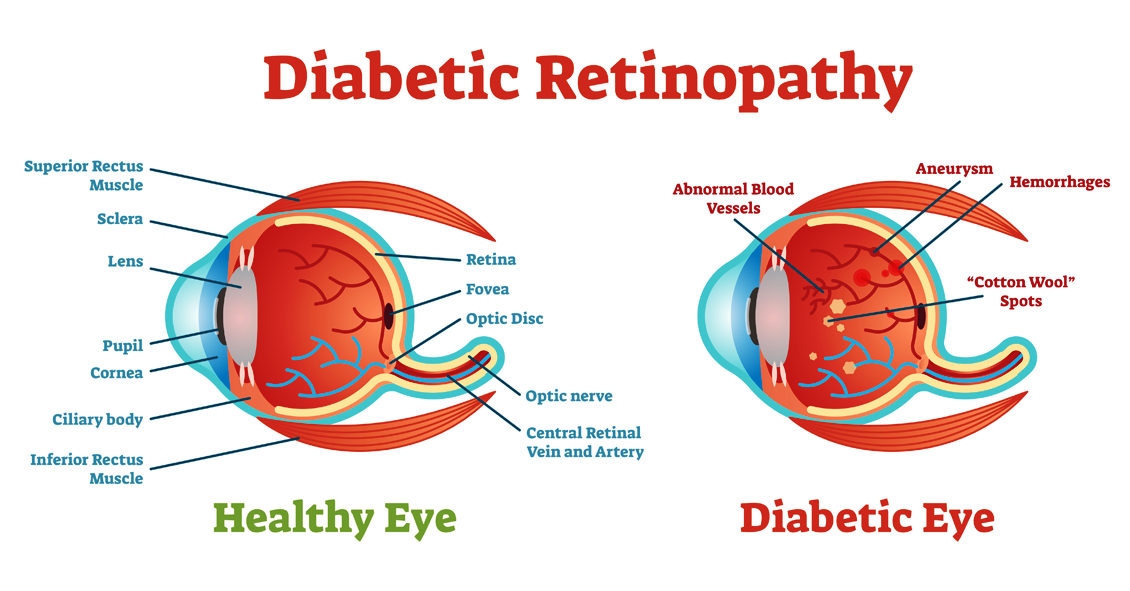Blog

Who can forget the news of the capturing of Osama Bin Laden by our US Special forces? An interesting fact was that the Navy Seal unit that made the capture attributes much of their military success to NVGs (night vision goggles). The capture of Bin Laden, along with numerous captures of Al-Qaeda members in Desert Storm, came from night vision capabilities that were provided by this ocular technology.
The top of the line NVG has a sophisticated four tube version of an earlier model, and costs upwards of $60,000 to $65,000 per pair. They have superb capabilities to see into enemy lines for our military.
So what exactly are NVGs and what is the technology behind them? What other visual expectations do our military troops use to give us the edge in a battle?
Expertly made night vision goggles can spot a target close to 200 years away. NVG use infrared and thermal detection technology to capture the image in the darkest of circumstances. The electronic information that comes...

Diabetic retinopathy is an eye condition that affects the retina in people who have diabetes.
The retina is the light-sensitive tissue that lines the back of the eye, and detects light that is then processed as an image by the brain. Chronically high blood sugar or large fluctuations in blood sugar can damage the blood vessels in the retina. This can result in bleeding in the retina or leakage of fluid.
Diabetic retinopathy can be divided into non-proliferative or proliferative diabetic retinopathy.
Non-proliferative diabetic retinopathy: In the early stage of the disease, there is weakening of the blood vessels in the retina that causes out-pouching called microaneurysms. These microaneurysms can leak fluid into the retina. There can also be yellow deposits called hard exudates present in the retina from leaky vessels.
Diabetic macula edema is when the fluid leaks into the region of the retina called the macula. The macula is important for sharp, central vision needed...


